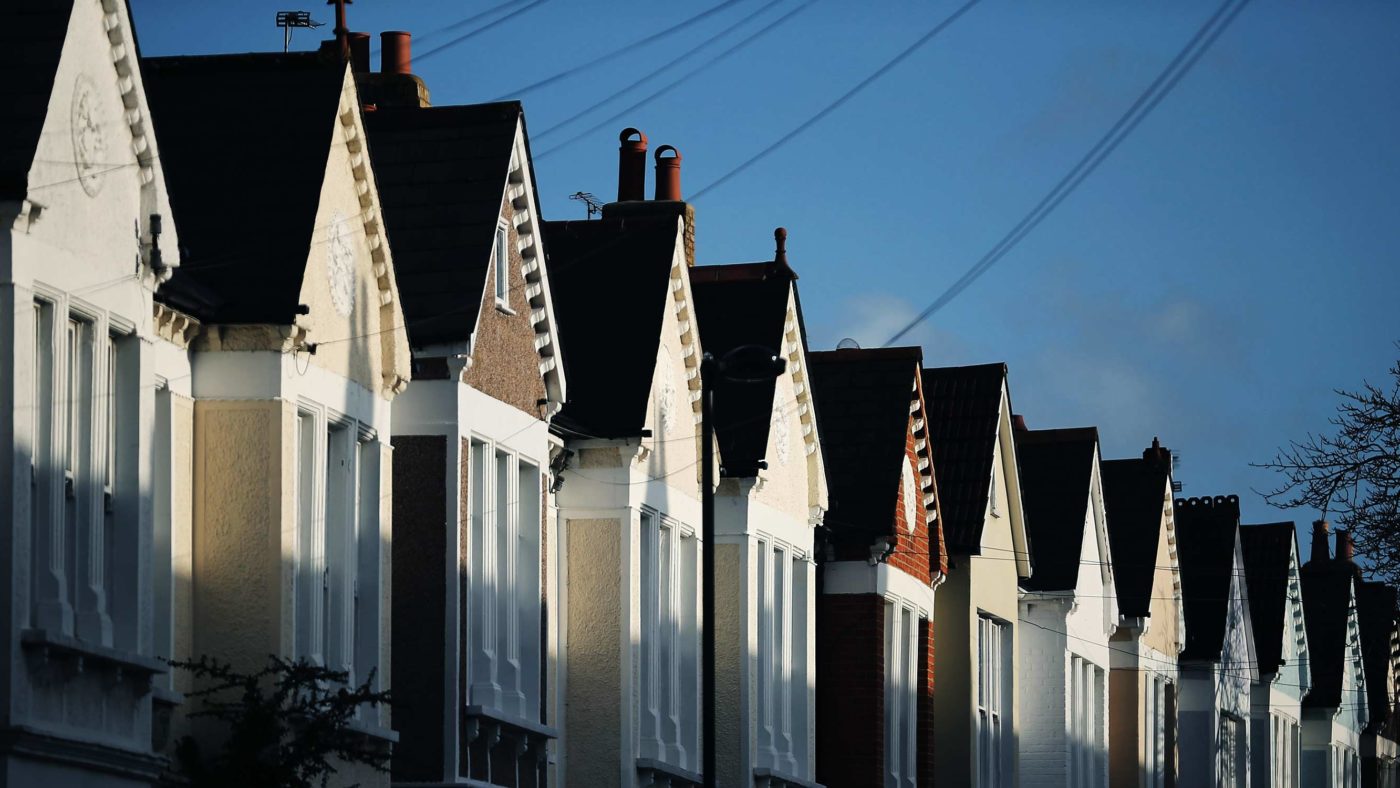UK house prices have recovered from the slump that followed the financial crisis. According to the Office of National Statistics UK house prices have risen 45 per cent since their trough in March 2009.
Over the same period earnings have risen by just 16 per cent making life tougher for first-time buyers and those trading up in the housing market.
Financial crises tend to collapse asset prices and make housing more affordable. It’s been different this time because the authorities in the UK, and elsewhere, countered the crisis with low interest rates and quantitative easing. By slashing the cost of money and flooding the system with liquidity these policies set out to, and succeeded in, inflating asset prices. UK equities and house prices have risen at roughly the same amount in the last ten years. Taken together with weak wage growth the result is that housing in the UK, and in many other countries, has become less affordable.
UK house price inflation has slowed since the EU referendum. This bucks a global trend towards higher house prices. An index produced by surveyors Knight Frank shows that house prices rose by 6.5 per cent globally in the year to March, the fastest pace in three years.
How overvalued is UK housing? And how does it compare to house prices elsewhere?
Two standard yardsticks compare house prices to rents and to incomes relative to long-term averages. At £223,000 the average UK house is almost ten times median annual earnings. The Organisation of Economic Cooperation and Development estimates that UK housing is 30 per cent overvalued against incomes and 28 per cent overvalued against rents.
US housing looks better value. Despite having risen 34 per cent since early 2012 the OECD estimates that US housing is 6 per cent undervalued against incomes.
Across the 23 industrialised nations studied by the OECD housing is most overvalued in New Zealand, Australia, Canada and Belgium.
For those on the look-out for cheap housing, the countries with the most undervalued houses relative to incomes are South Korea, Japan, Portugal, Greece and Germany.
The economies of Southern Europe have endured both a global financial crisis and their own sovereign debt crises. House prices in Greece, Italy, Spain, Ireland and Portugal have seen large falls and are way off pre-crisis levels. House prices in Greece and Spain are down 43 per cent and 28 per cent since the financial crisis. Irish house prices halved between 2008 and 2012 but have since moved up and are now just under a third lower than at the start of 2008. Europe’s most affordable housing market is Portugal where the OECD estimates housing is 13 per cent undervalued against incomes.
House prices in emerging market economies, including China, Brazil, India and Hong Kong, have grown rapidly since the financial crisis. Brazil’s housing market has recently begun to correct, although a decade of growth has seen prices rise by 282 per cent. In Hong Kong and India rapid growth, strong demand and housing shortages have helped lift house prices by 148 per cent and 214 per cent respectively over the last ten years.
Growth has been less heady in China where prices have risen by 53 per cent over the same period. Activity has slowed slightly in recent years as the authorities have tried to head off a housing bubble, including by
raising the minimum deposit and restricting purchases of second homes.
According to Knight Frank the world’s “hottest” housing market is Iceland. Prices here rose by 17.8 per cent in the 12 months to March. This reflected supply shortages which have been exacerbated by tourists
renting homes on sites such as Airbnb. With the tourism industry booming, Icelandic house prices seem likely to maintain their upward trajectory.
Most of the discussion of housing valuations around the world focuses on national house price indices. Yet in most countries prices vary enormously between regions. This means that national affordability figures conceal big differences across countries. Thus the simple characterisation of the UK as an overvalued housing market is consistent with significant under and overvaluation across different regions.
Our analysis shows that houses in London, the East of England and the South East are the priciest, with London overvalued by 37 per cent against incomes. That makes London housing as overvalued as Canadian housing which is one of the world’s most expensive national markets relative to incomes. Interestingly, London housing is somewhat less overvalued than Australian or Belgian housing.
By contrast houses in most of the remaining UK regions are undervalued and affordability is closer to German, Italian or Greek levels. Most strikingly, housing in Northern Ireland is more affordable relative to incomes than in Portugal, Europe’s cheapest housing market.
In Germany, a country with some of the most affordable housing in the EU, the regional picture also varies. House prices in Munich have more than doubled since 2009 whereas prices in Frankfurt have risen by half.
It’s a similar story in the US with prices booming in San Francisco, up 91 per cent since 2012, helped by the tech boom, while in New York prices have risen by “only” 17 per cent.
History shows that most housing booms end with busts and big falls in house prices. A much more benign adjustment in affordability could be delivered by strong growth in incomes and stagnating house prices. That’s just what policymakers would like to see. To secure it they need to be confident that income growth is on a sustainable and higher path before raising interest rates.
The real dilemma would come if inflation, not incomes, moved to a permanently higher path. Then central banks could face the choice of raising rates, crushing inflation and house prices – or holding fire on rates and watching inflation take hold. Fingers crossed that a recovery in income growth saves us from that choice.
Taken from Ian Stewart’s Monday briefing. Sign up for the full version here.


